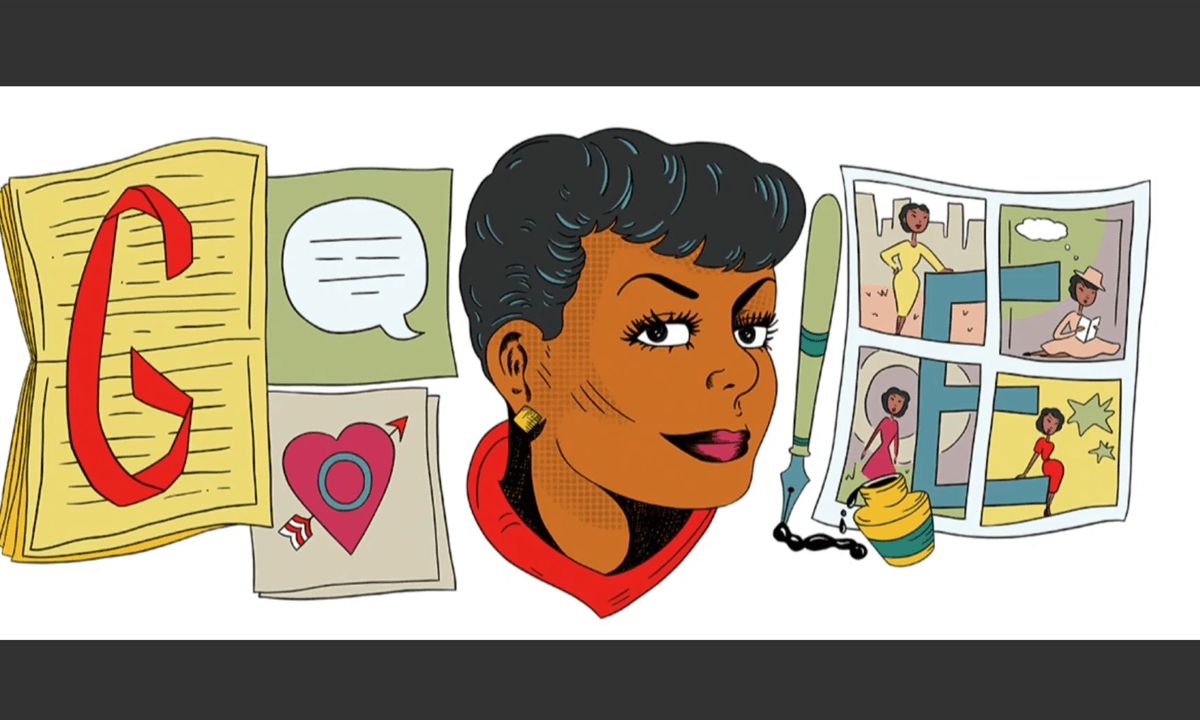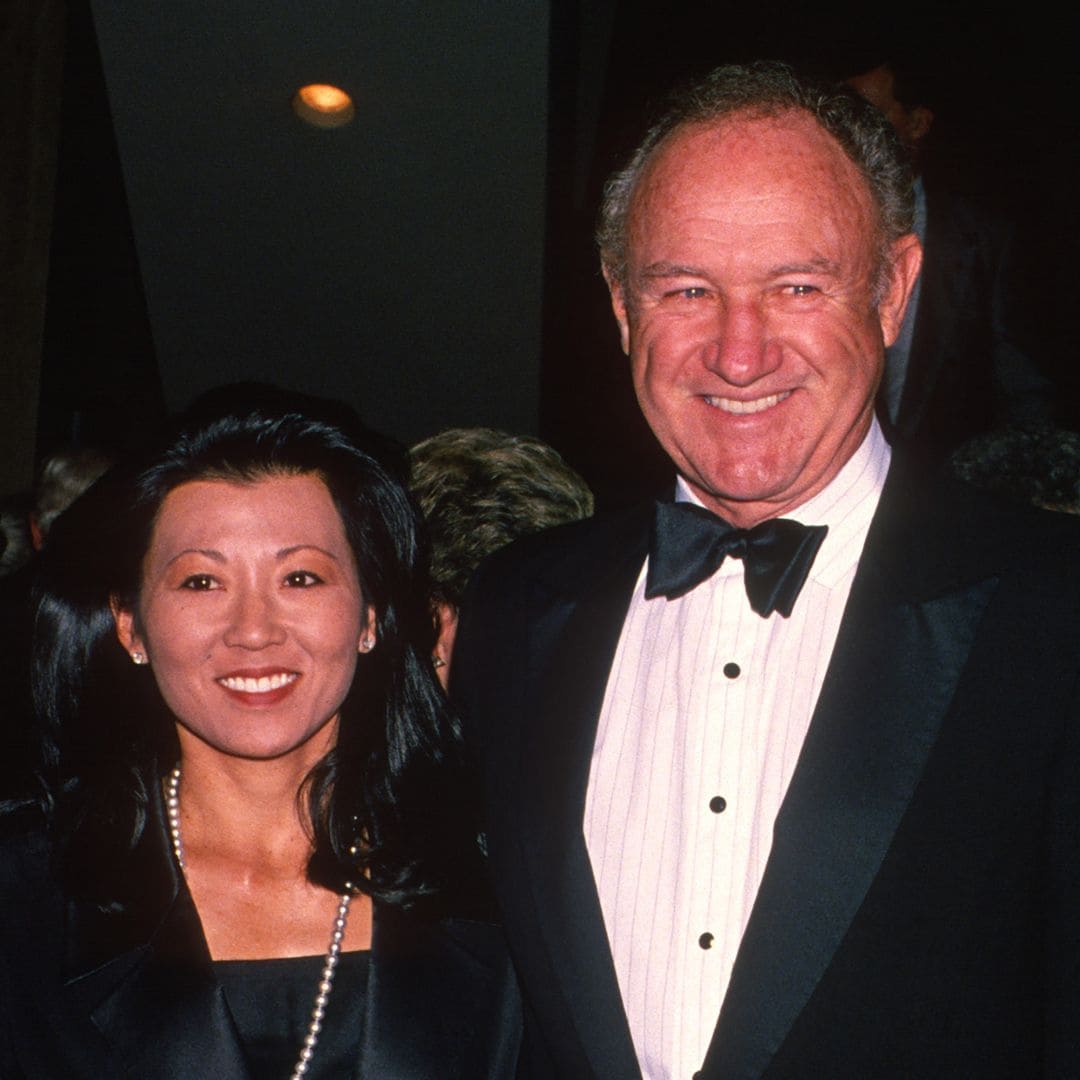How do you honor the legacy of a cartoonist? Well, through a comic. And that‘s precisely what Google Doodle did today to tribute the first African-American woman cartoonist, Jackie Ormes.
Ormes gift is unique in many ways. Through her art, she became “the first” in several opportunities. In 1937 she became the first Black woman in publishing a comic strip nationally. The Torchy Brown in Dixie to Harlem started circulating in the Pittsburgh Courier, a weekly newspaper published in Pennsylvania and established as one of the leading newspapers in the United States.
Later, Ormes created Patty-Jo‘ n’ Ginger, a ground-breaking cartoon that ran every week for 11 years straight from 1945 to 1956. The humorous caricature was inspired in the Patty-Jo dolls, a precursor to Barbie and the first Black doll in the country designed with an extensive high-quality closet, instead of the stereotypical look of the slave mammies of the South or raggedy dolls.
The artist pushed for a change and allowed kids to enjoy a toy with playable hair and a complete wardrobe, including dresses, shoes, hats, costumes, coat sets, etc. Today, the Patty-Jo dolls are rare to find in the market, and only collectors might be the ones keeping them in pristine condition, like Jackie Ormes herself, who was a passionate doll collector. Before her passing, she was an active member of the Guys and Gals Funtastique Doll Club in Chicago.
Her socially and politically aware style also inspired the new generation of visual artists, like Liz Montague, a cartoonist, and illustrator from New Jersey who took Jackie Ormes technique and implemented them in our contemporary society. Montague also wanted to be part of this tribute and celebrated the artist’s legacy by illustrating her Google Doodle. “Jackie is a huge inspiration for me. She made such honest, fearless work and centered it entirely around Black women. It‘s harder than you would think: to make characters that look like you, when you look so different from most people in that space, so to do the work she did in mid 20th century America is mind-boggling,” said Montage to Google, explaining the reasons why she admires Ormers.
“Her work is so timeless, too. I read her cartoons today, and I feel so seen! The illustrations are immaculate, the humor is witty, the social criticism is bitingly accurate—her work is just the total package,” she continued. ”She is why I create cartoons as social justice and why I feel valid doing it. Jackie is a genius and paved the way for so many of us as a pioneer in the cartoon and illustration world.”
Jackie Ormes always fought back racism and injustices against the Black community. Through Torchy Brown, Ormes highlighted social and political issues. Her bravery and passion even led to the FBI’s investigation, who considered that her left-wing ideologies were disobedient. “I have never liked dreamy little women who can‘t hold their own,” said the Pittsburgh native cartoonist, as reported by the New York Amsterdam News.
Sadly, the pioneer woman died of a cerebral hemorrhage in 1985 at 74; however, her immeasurable contributions will live forever. Jackie Ormes was inducted into the National Association of Black Journalists Hall of Fame in 2014, and into the Will Eisner Comic Industry Eisner Award Hall of Fame in 2018.
,type=downsize)






